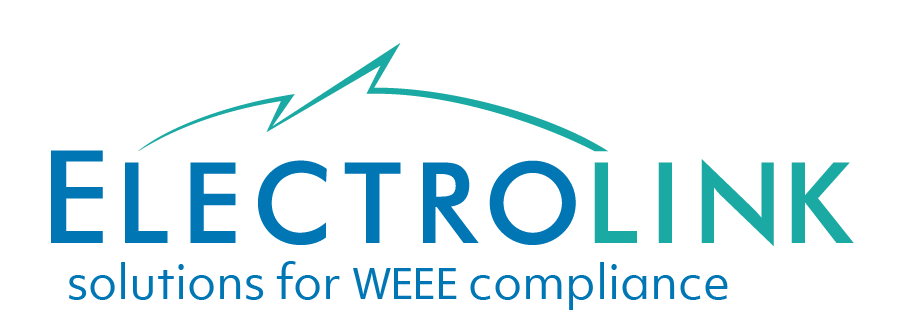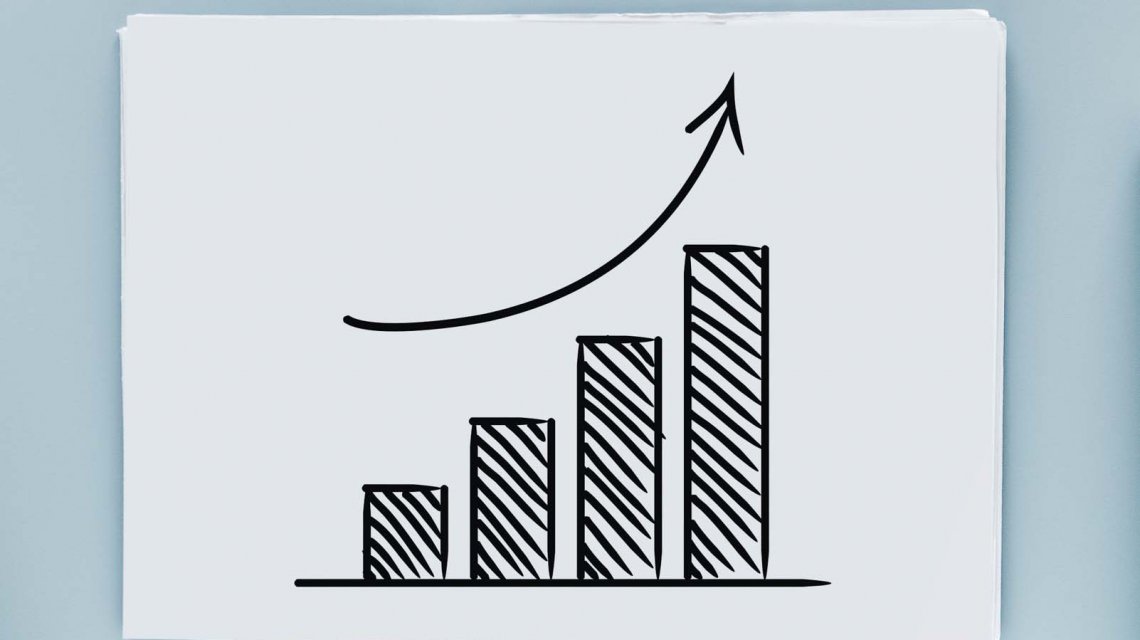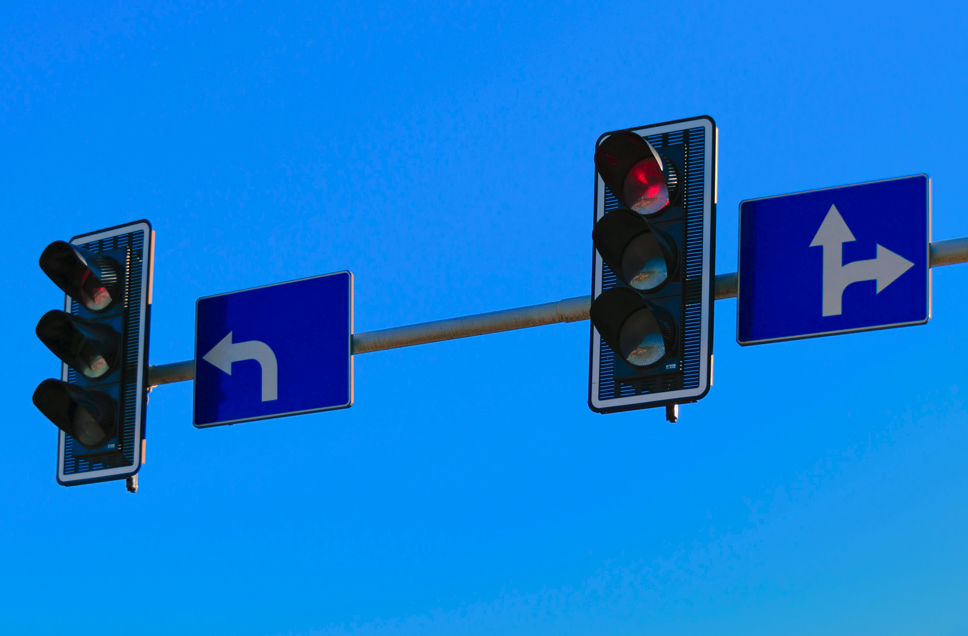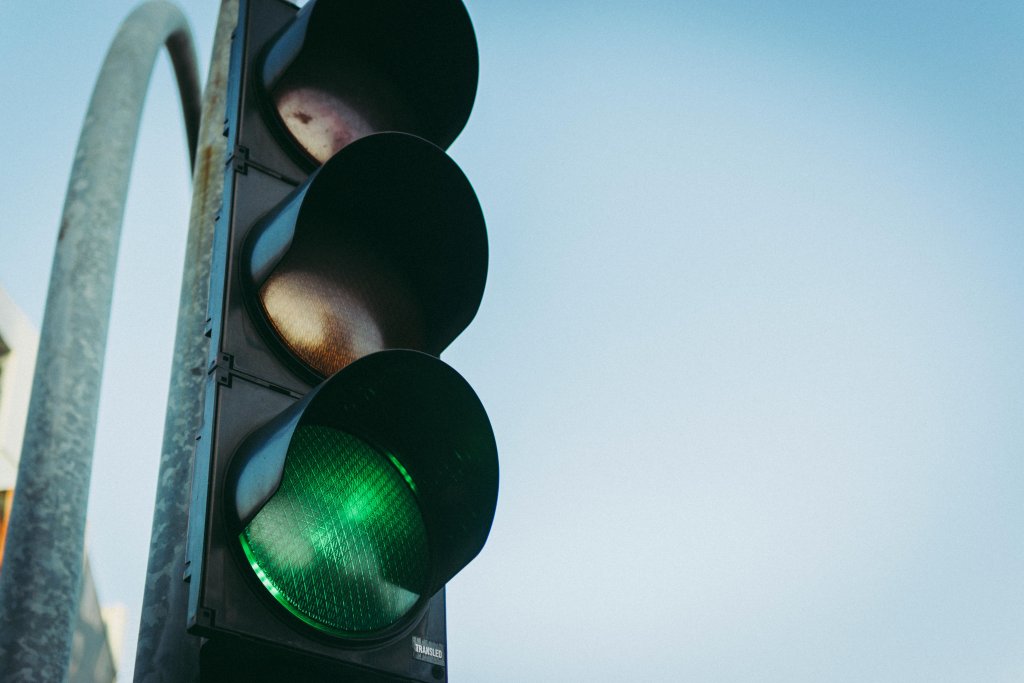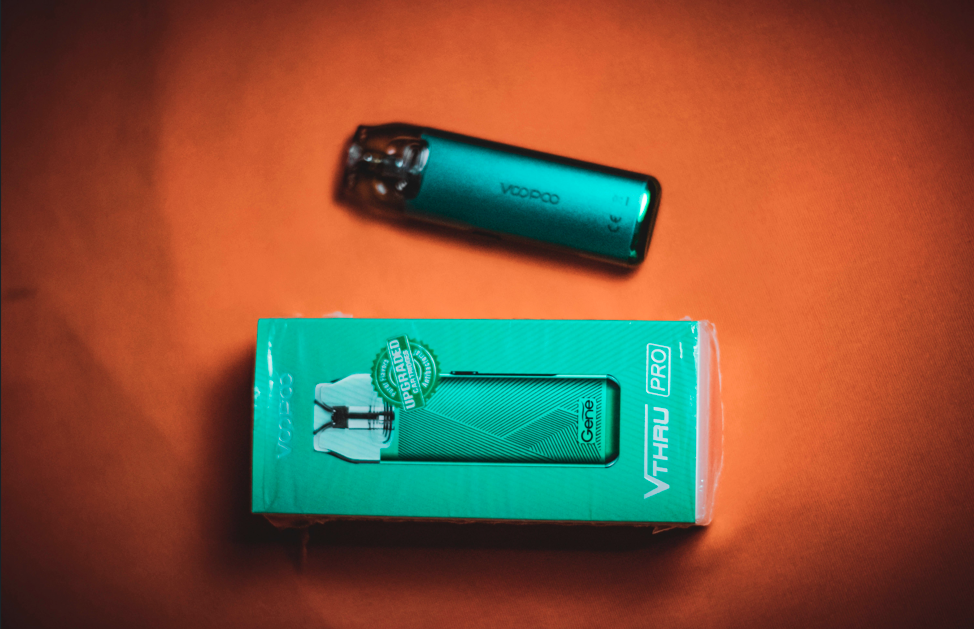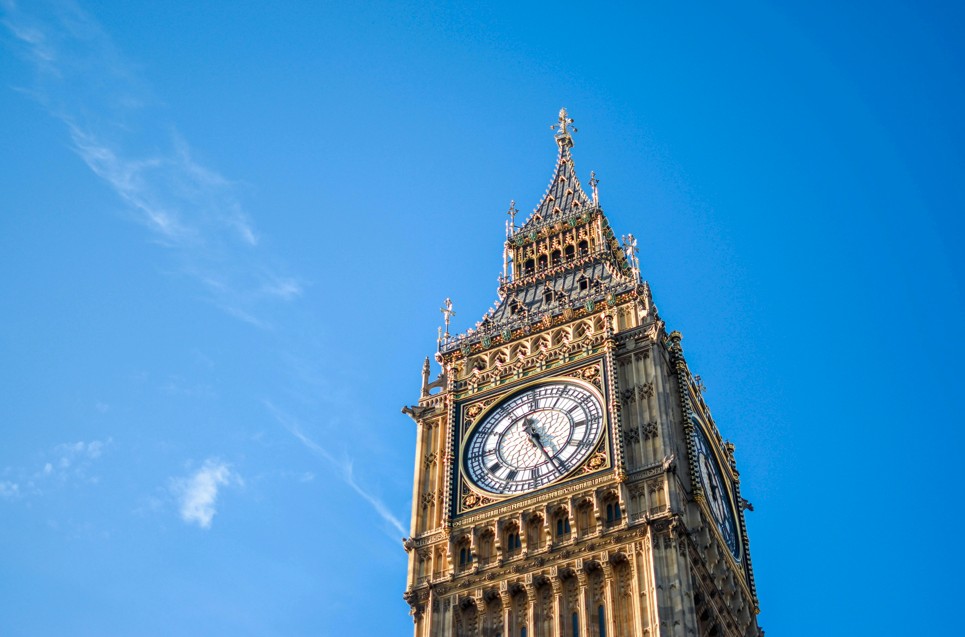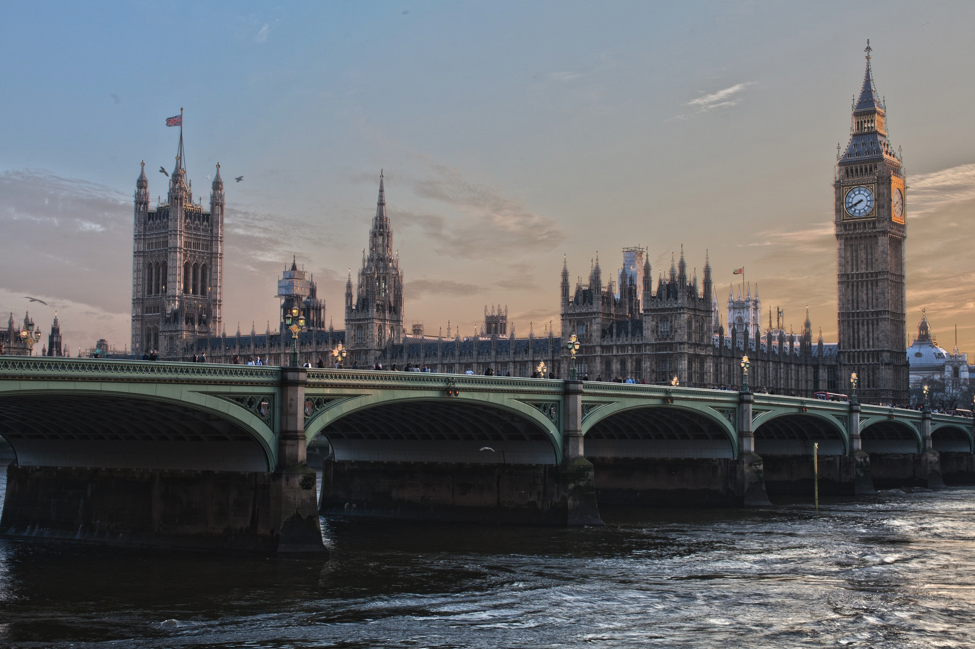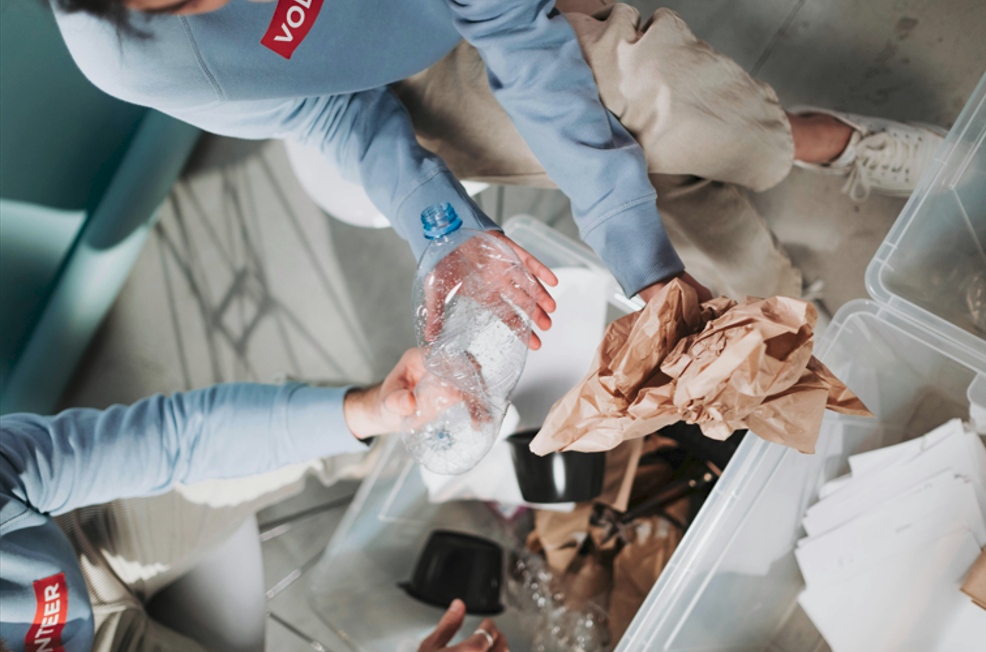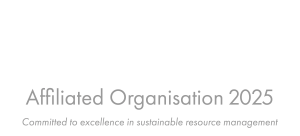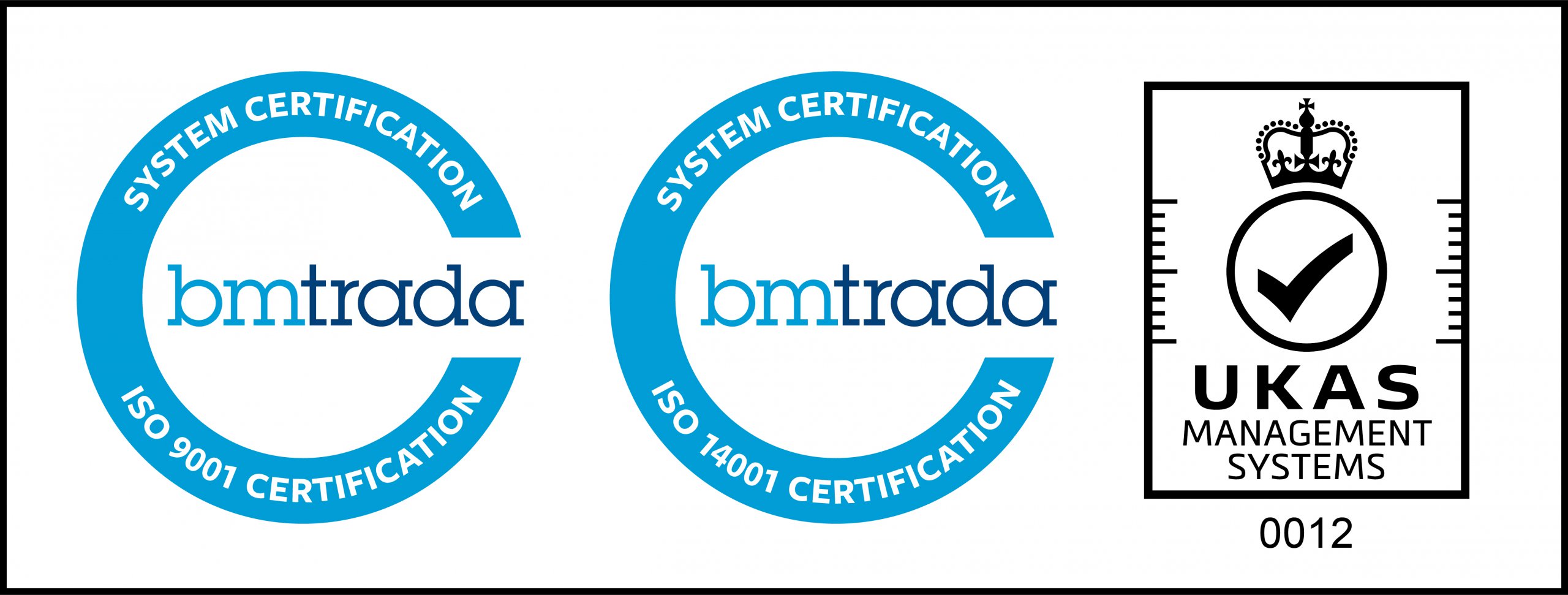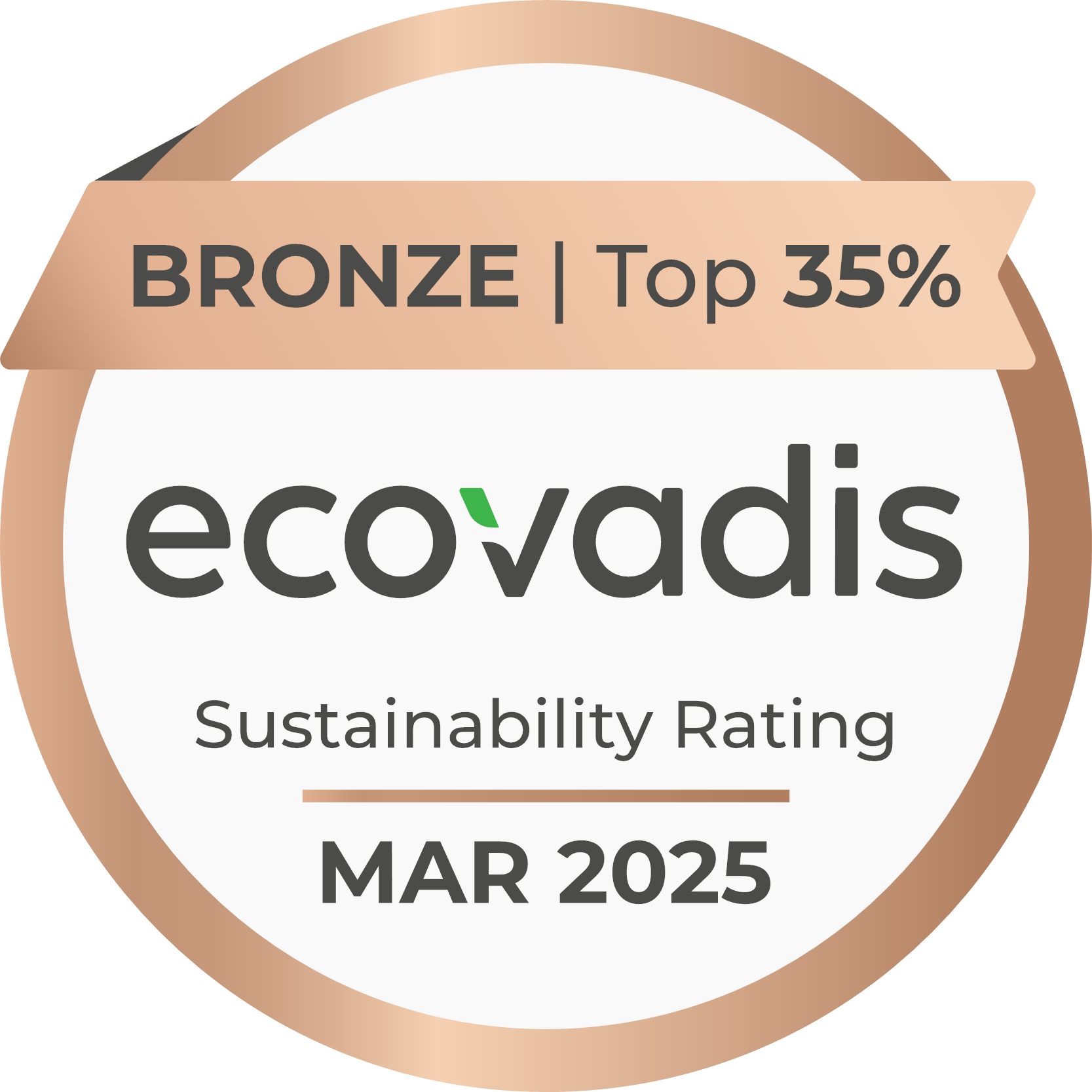Targets for the collection of WEEE have been proposed for 2019 – and may require collections of old electrical items from the public to increase by up to 12% compared to last year’s level.
Details of the proposed targets have been outlined by the Department for Environment, Food and Rural Affairs (Defra) which is seeking to increase targets in line with an EU target to collect the equivalent of 65% of the weight of new products placed onto the market in e-waste. Previous targets had stood at around 45%.
In total, the proposed collections goal stands at 550,000 tonnes for 2019, having stood at 537,000 tonnes in 2018.
The increased targets come at a time when collections of WEEE appear to be on a downward trend, with the WEEE sector having fallen short of its targets in consecutive years.
Missed targets have resulted in the payment into a compliance fee by WEEE producer compliance schemes, with payments having topped £8 million during 2018.
This money will be used to fund projects which will aim to boost the collection of WEEE from households – and Defra is hopeful that this money will help to reverse the downward trend and meet the collection targets for 2019.
Projects to be funded will include a major communication and behaviour change campaign for consumers, which will seek to provide details on the protection of data and safe recycling of small WEEE items, with a view to encouraging greater recycling of these types of goods.
Two research projects are also going to be funded through the compliance fee and include a study into the sources of WEEE from businesses, as well as research into the volume of new items placed onto the market but exported before it becomes WEEE.
